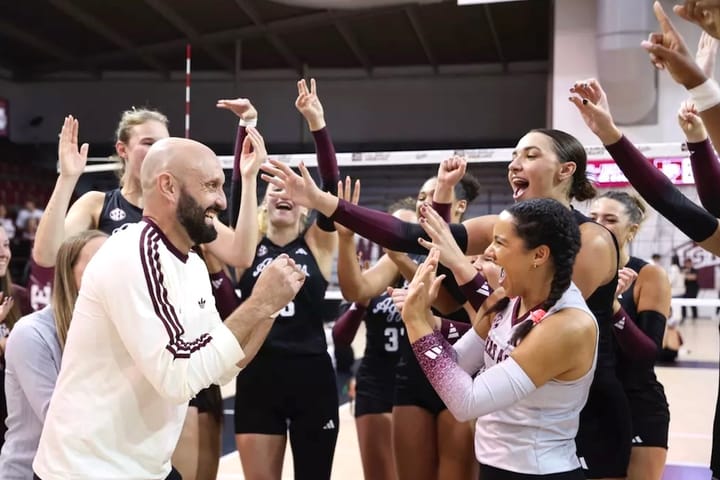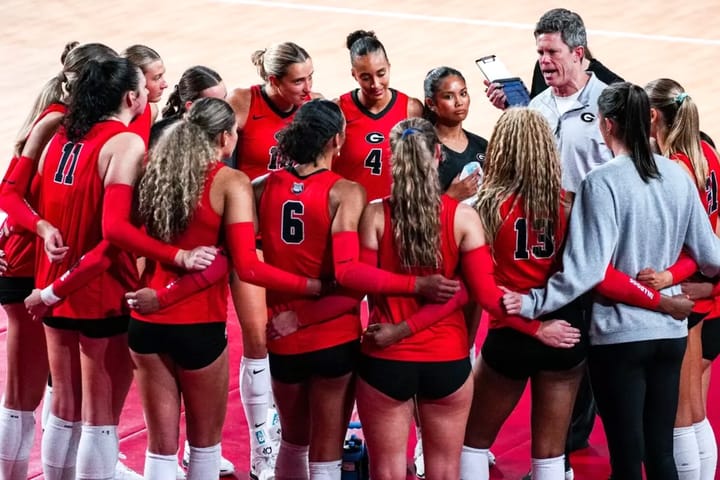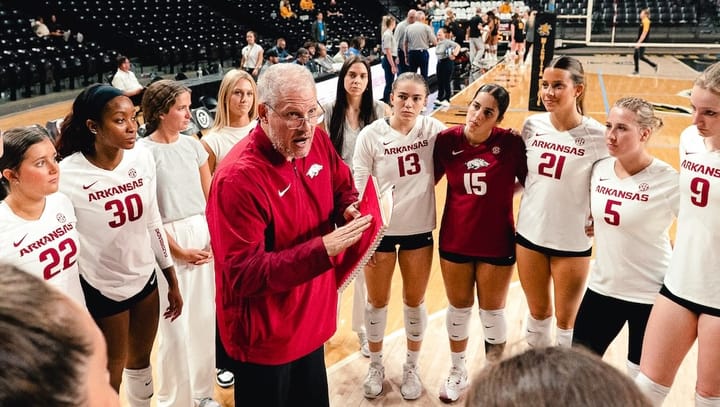82. Jerritt Elliott: People, Dedication and Excellence
Jerritt Elliott is the head coach of the University of Texas women's volleyball team, where he's running one of the highest-performing college programs in the USA.
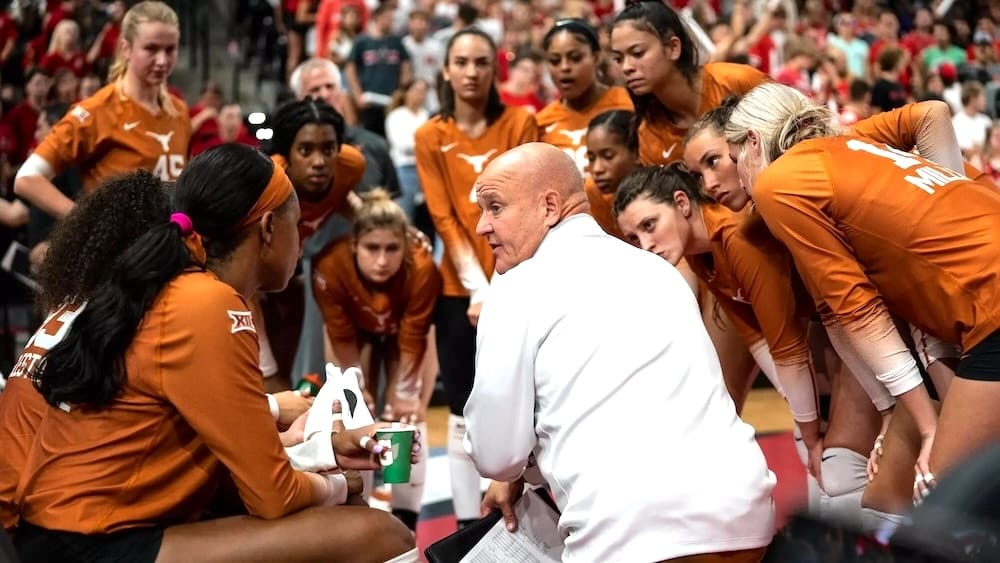
The University of Texas won the NCAA national championships in both 2022 and 2023, making them the defending National Champions in this year's competition.
What I (personally) find fascinating are the similarities between top college programs such as Texas, Nebraska, Wisconsin, and others, and some of the world’s top professional club teams. But...many more differences exist and we'll hit on some of these in this conversation.
In this Masterclass, Coach Elliott talks about:
- The journey of building the University of Texas volleyball
- How he learned to create an environment that fosters athlete growth
- Why focusing on core values is more effective than enforcing rules
- How to build trust and understanding with your players and their parents
- How they handle and navigate current player opportunities (NIL, etc)
- What he wants the USA pro leagues to learn from the international game
- What can be done to enhance creativity and skills in women’s volleyball
- How he counts on and what he expects from his coaching staff
- ...and so much more.
We've got 18 video clips (35+ minutes) in this article. Enjoy!
And of course, a big thanks to coach Elliott for his availability.
VB: Why did you decide to commit to being a professional volleyball coach? What pushed you towards that decision?
I played at Pepperdine University and the University of Hawaii. When I graduated, I became an elementary school teacher. I was coaching my high school team and teaching elementary school. I had some success—we won the city championship in my first year.
Parents started asking me if I would start a club volleyball program. Here in the US, that’s where all the juniors play. Within a year and a half, I had about 18 teams, and we were going strong.
I was still teaching elementary school when some college coaches saw what I was doing and said, "Hey, you should really get into the college game."
As an elementary school teacher, I taught all these cool little courses, but I didn’t see the kids develop like I could in volleyball.
Then I came across a tape of Ari Selinger training. I became obsessed with it, watching it probably 250 times, focusing on every movement and biomechanical issue. At that point, I knew this was my passion, and I needed to switch roles.
I worked my way up, and once I started coaching more and more, I knew this was something I always wanted to do.
VB: What advice would you give yourself as a starting coach? An advice that is so clear and logical for you now, but that you had to develop over the years. (Can be about anything)
As I age now, I'm 56 years old, I think to be successful at any kind of profession, you have to dive in 100 percent and be committed to it.
For me, all I was doing was coaching and training and working 24/7. Time went by so fast. I didn't make a lot of time for myself.
So for myself now, that's a lot of the questions that I'm fielding on myself every morning, journaling and figuring out where I fit into this equation, and making sure there's some balance in my life.
I lost that balance for a long time, but I don't regret it. I was completely committed to elevating my program to an elite level, and in the process, I think I lost myself while giving everything I could to the sport.
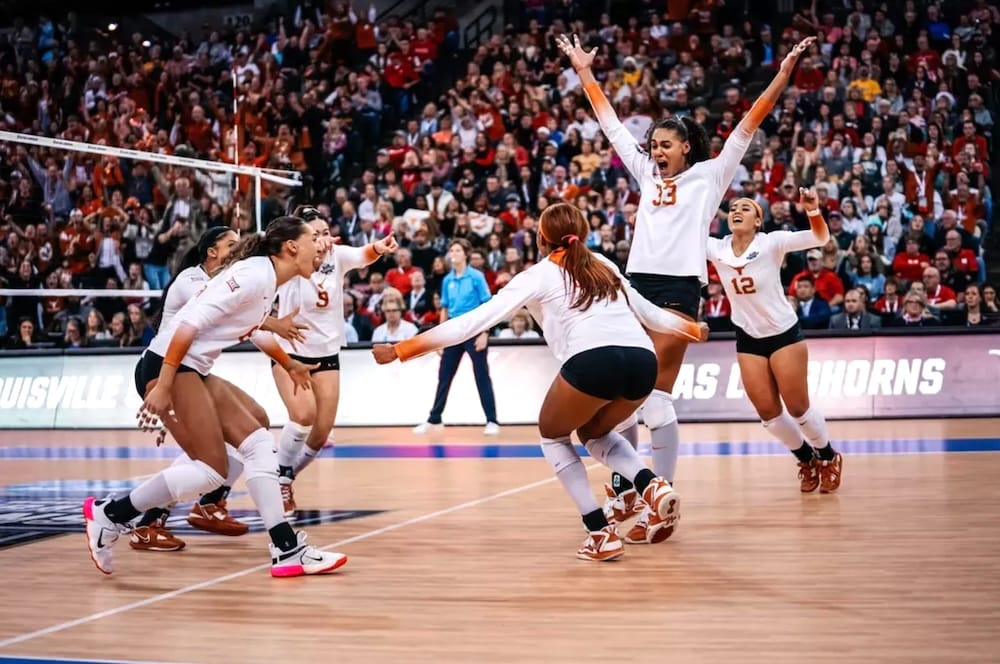
VB: Do you account that to a certain kind of restlessness? If you're restless but it's directed, some kind of restlessness can be beneficial to achieve your objectives. So is that character trait a part of being successful?
I believe so. Anyone who knows me would say that I have a crazy brain—I'm super ADD, constantly having a million thoughts a second. However, I think this has contributed to my success because when I hear 'no,' it fuels me, almost like a superpower, to keep pushing forward.
It drives my creative thinking, helping me find ways to achieve success or at least discover solutions at the highest level possible.
VB: What are bad recommendations you hear, still today, about coaching or training volleyball?
First I'll say that I think the younger coaches just want to move up the ranks instead of really investing time and being committed to what it takes to be a successful coach.
I think there's a lot of studying that needs to be involved. I think there are a lot of new metrics that you need to understand. Also, the understanding of how to use the body has become a new focus in the last five years that we've really delved into.
Years past, it was always about training and repetition, thousands upon thousands of repetitions. It's gotten into more of a team play, more "teaching them through six-on-six play". And I think that's where the game has really developed.
Obviously, in practice, you're analyzing your numbers, creating situations for the athletes without them realizing it. You're crafting an environment where they can feel free and creative, enabling them to thrive and succeed.
But I would say the old adage of just repetition, repetition, 70 percent of practices—I think that's outdated.
Many coaches still focus on training in system versus out of system. The game has evolved to emphasize out of system play significantly. One of the biggest areas of growth is in the out of system setting.
Fifteen years ago, we weren't training every player on how to set a ball up, like we do now.
VB: It's a bit of a cliché that people say women's volleyball trails men's volleyball by three or four years. That's not true in all aspects of the game. But I think integrating creativity is crucial. To me, that's a major driver of how the women's game will futher evolve.
If you think about the game, it's 25-23, or 15-13 that we just lost.
(Matias here: the game coach Elliott is referencing is the Olympic men's semifinal USA-Poland, we had this recording scheduled, coincidentally minutes after the USA lost to Poland in a 5 set tiebreaker)
I mean, in a game to 25, that's 4%.
So if you can, as a coach, find some kind of systematic thing where you can win one or two more points, it's really what elevates you to overall success.
One thing that's really fascinating to me right now, especially watching the Olympics, is the fist blocking that the men are starting to use. I don't know if you've noticed in the pictures, but with the improvements in TV technology, touches are becoming a huge part of the game.
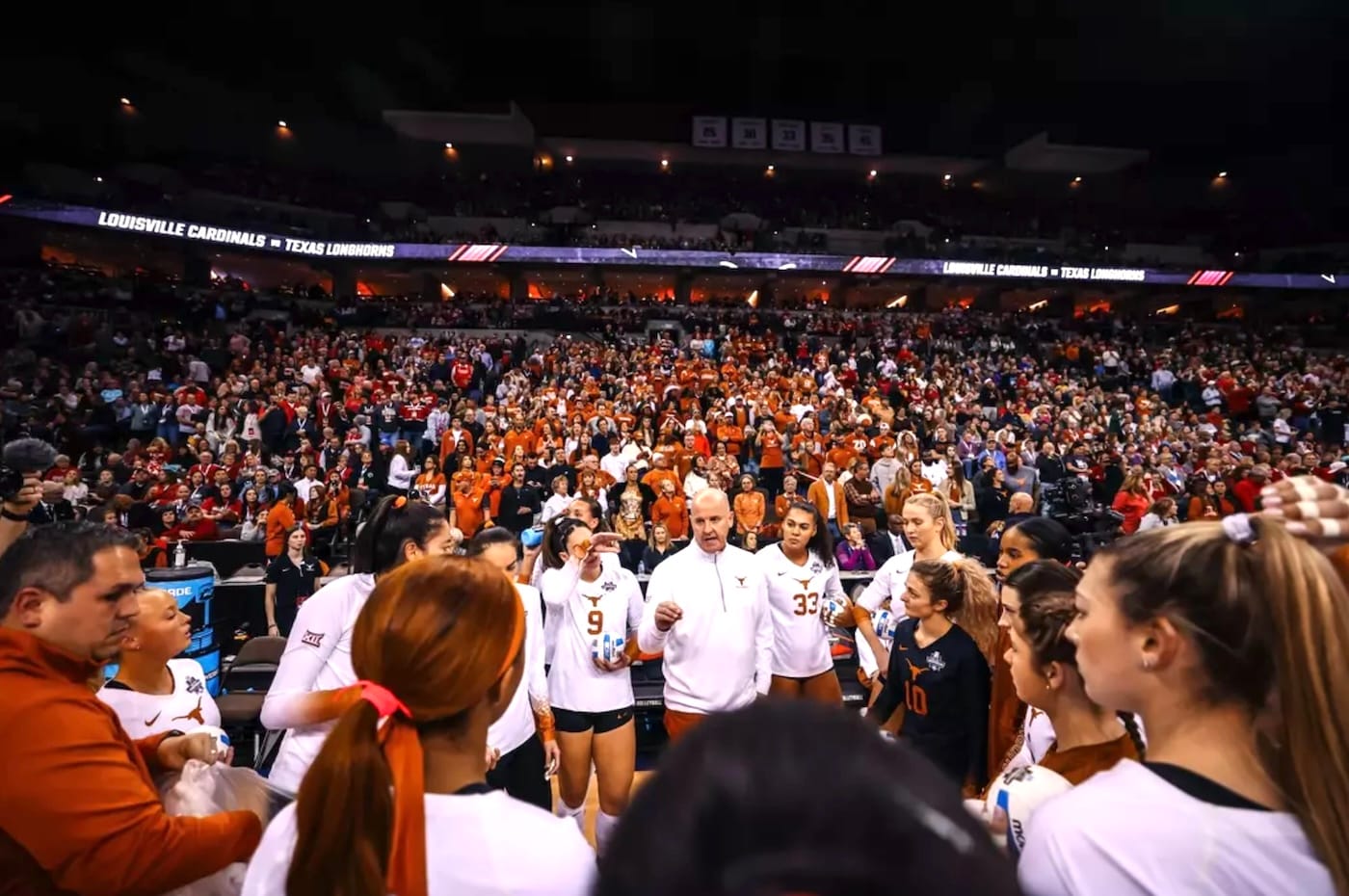
Players have really developed this aspect. For instance, if you saw Japan, they've started to use fist blocking a bit more. It's starting to come in. I'm really curious to kind of throw that in and try that a little bit as the season progresses.
VB: Obviously, when you expose your fingers, and they get hit, you won't be able to block effectively, and it results in the ball going out of play—behind the court, to the side, wherever. But a question there is, do you need your fingers to be able to direct the ball effectively?
You eliminate the low shots and the bad swings, but the question remains: are you getting more touches, or are balls just hitting the fist and deflecting out?
Those are the numbers you need to study, over thousands and thousands of opportunities, to really understand how this technique plays out.
VB: Do you have a particular goal? Maybe a goal that you already reached or a goal that is so hard to reach that it gives you daily motivation?
Obviously, in the U.S., it's different. We have long contracts. I usually have a five or six-year contract. We've won three national championships, and I think we've been in 10 out of the last 15 or 16 Final Fours, something in that ballpark. So, I've had a lot of success, which means I have a lot of security within my program.
In the U.S., it's certainly about winning a lot, but it's equally about taking care of the athletes and developing them into well-rounded individuals.
We don't have the option to simply cut players and move on. It's about helping them understand life both on and off the volleyball court. We're involved with them off the court as well, which creates a different kind of dynamic.
I really dislike attention being directed towards me. My wife displayed my trophies around our house, and I was so embarrassed. I don’t even want them out; I’d prefer to put them in a closet. It's never been about me. It’s always been about the people.
I've obviously achieved three championships and had the opportunity to coach with USA Volleyball. I'm not sure if winning another championship would make me a better coach.
You asked about my defining moment. We had been working hard to develop our program, and the journey was intense. In 2008, we made it to the Final Four. The following year, in 2009, we lost 16-14 in the fifth set. We returned to the Final Four in 2010. Then, in 2011, one of my best players tore an ACL a month before the tournament, and we lost in the final eight.
After that match, I went to a back room, and my Athletic Director, my boss, followed me in.
